Talk Overview
Jennifer Doudna shares how studying the way bacteria fight viral infection turned into a genomic engineering technology that has transformed molecular biology research. In 2013, Doudna and her colleagues developed the CRISPR-Cas9 gene expression system that, when introduced into animal cells, makes site-specific changes to intact genomes. CRISPR-Cas9 is more precise, more efficient, and less expensive than other genome editing tools and, as a result, has facilitated a wide range of studies that were previously unachievable.
Watch the Story behind the Historic 2020 Nobel Prize:
Please head to the Science Communication Lab’s website for more films like this along with educator resources, full video transcript, and most up to date content.
Speaker Bio
Jennifer Doudna
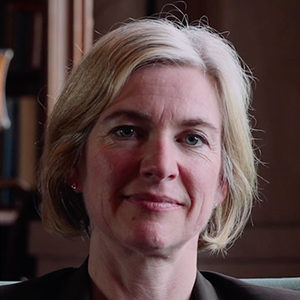
Jennifer Doudna is a Professor of the Departments of Chemistry and of Molecular and Cell Biology at the University of California, Berkeley, and an Investigator of the Howard Hughes Medical Institute. Early in her career, she studied the structure and mechanism of ribozymes (enzymatic RNA molecules) and RNA-protein complexes. Now her research focuses on understanding… Continue Reading
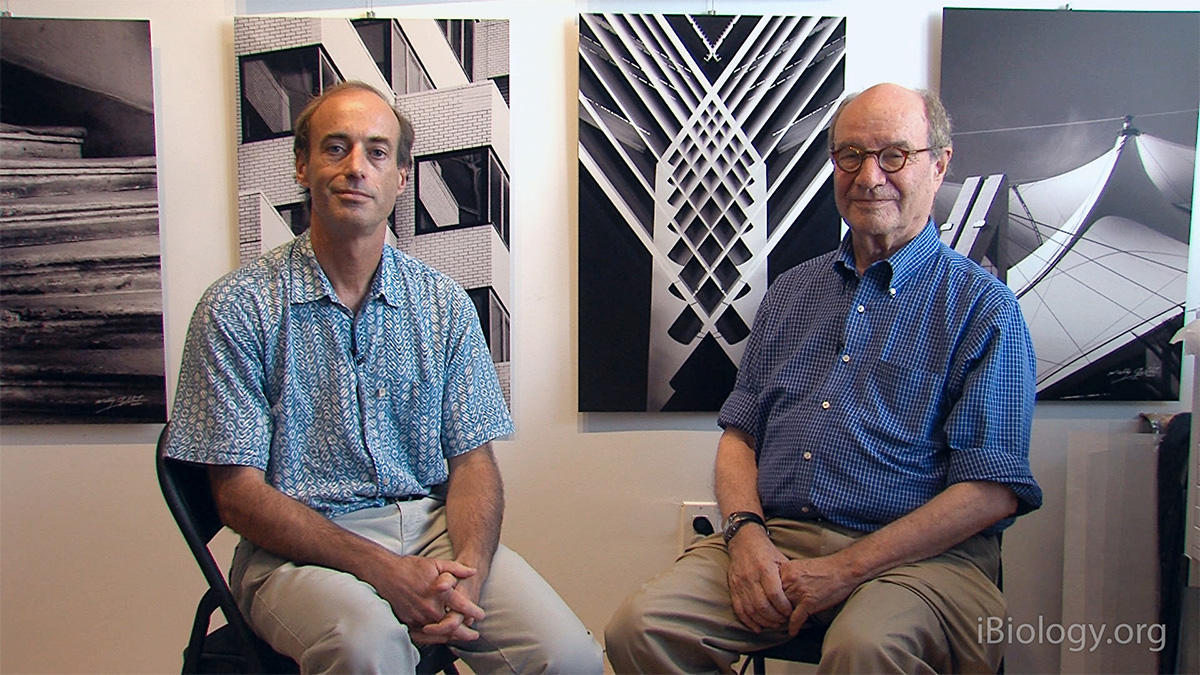
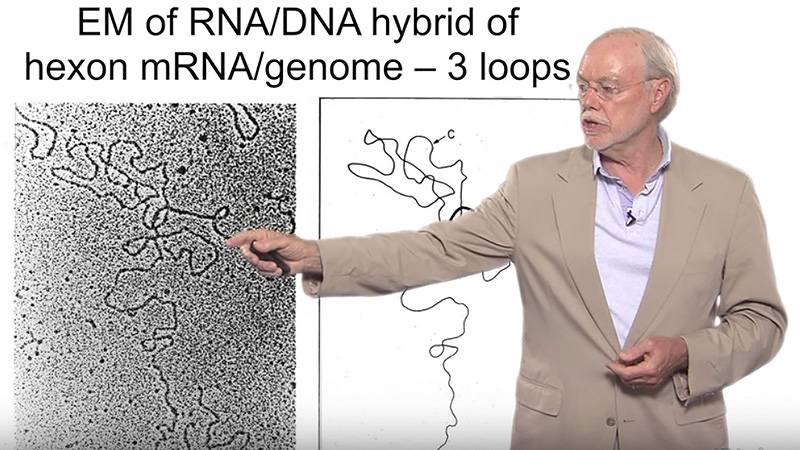
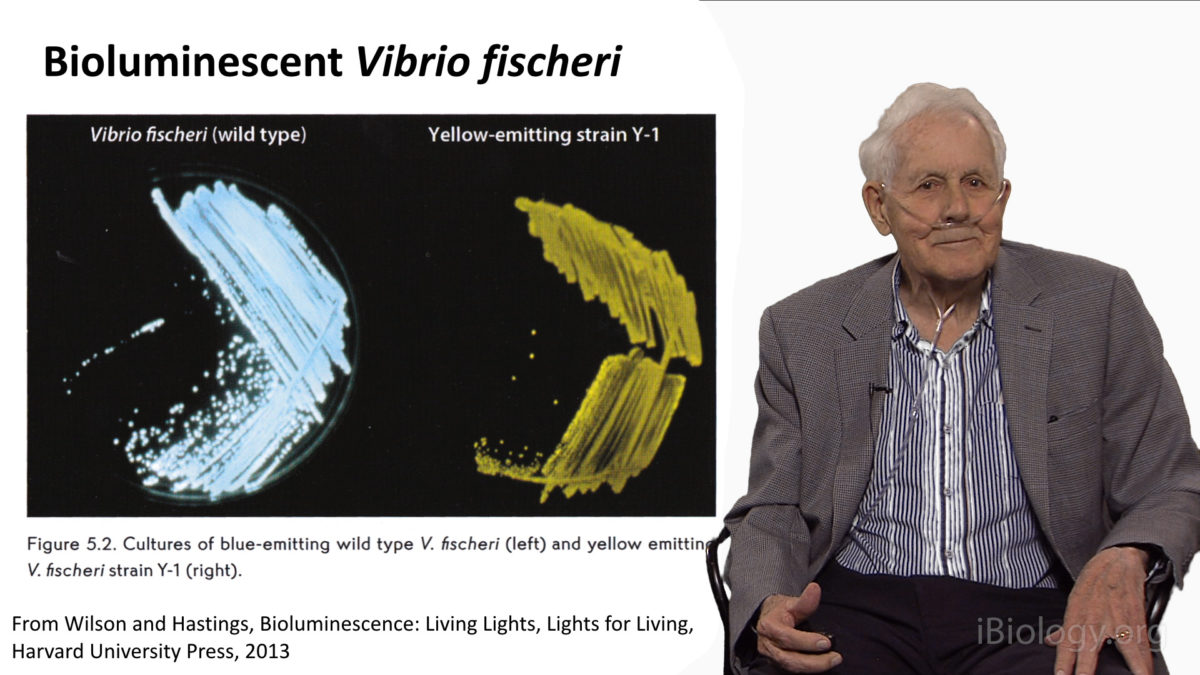
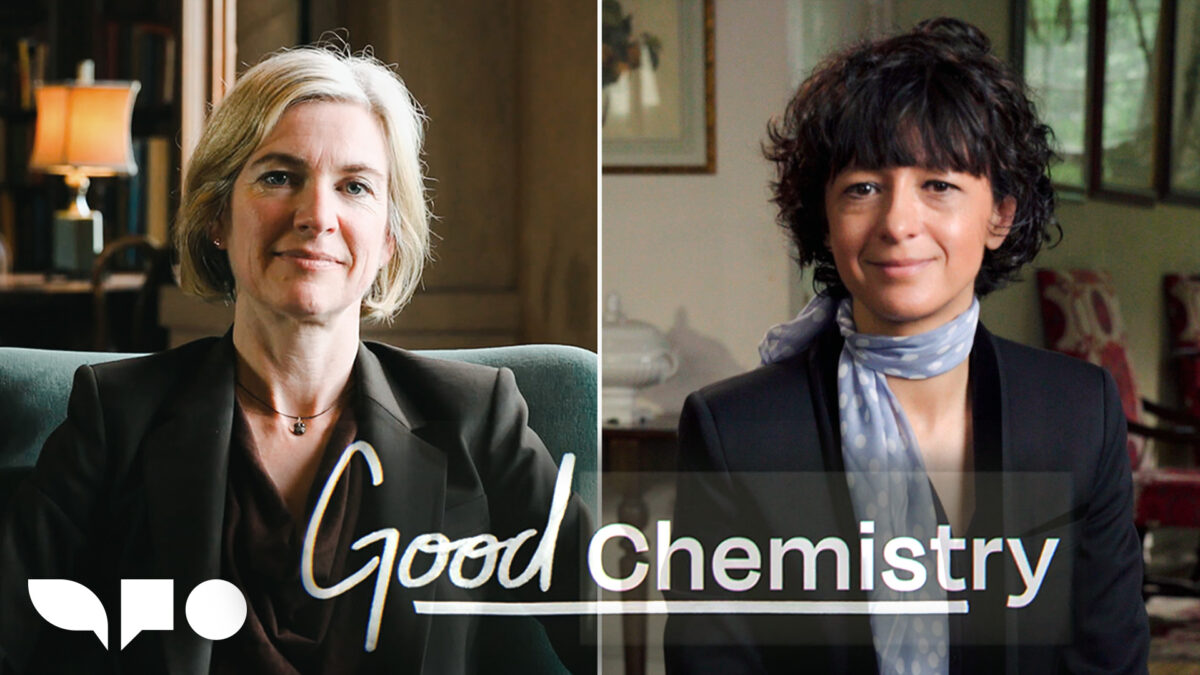
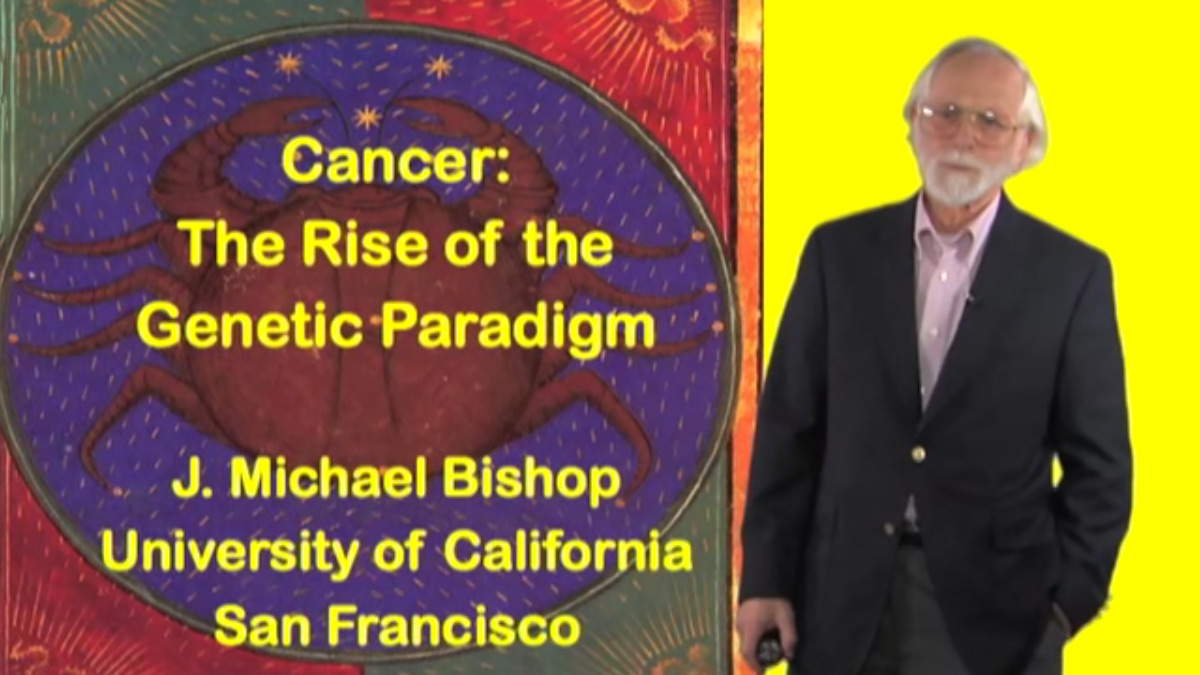
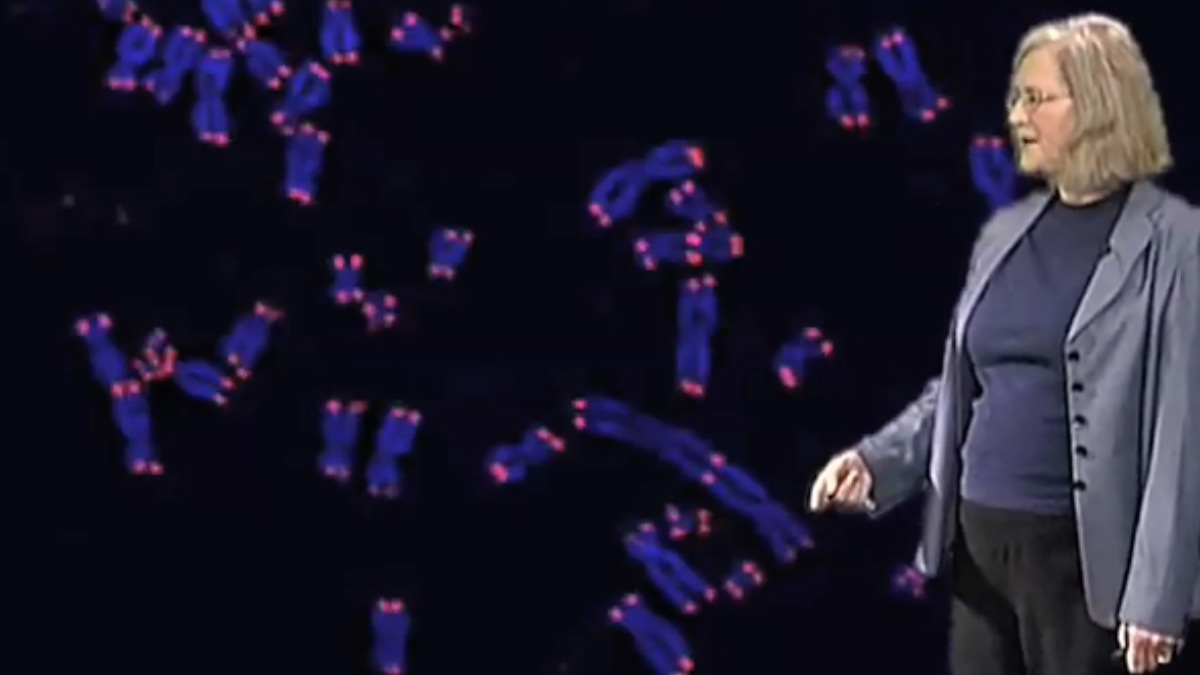

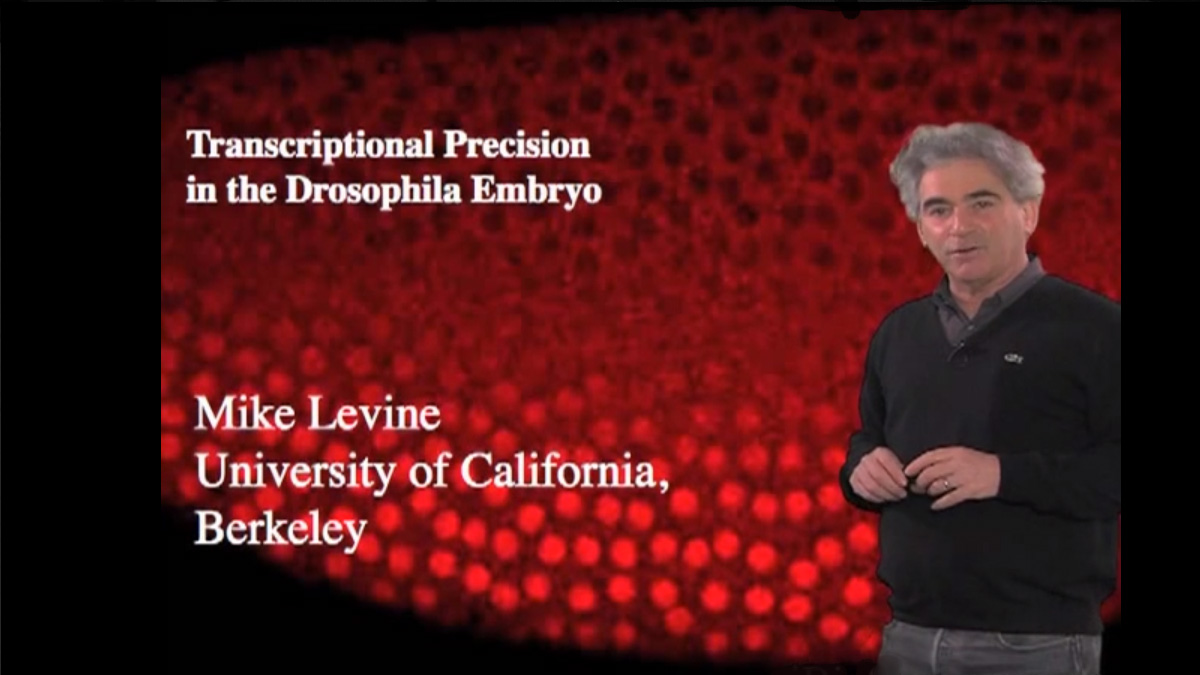





Bipin Kataki says
Madam , can this new technology be used in curing town’s syndrom children.